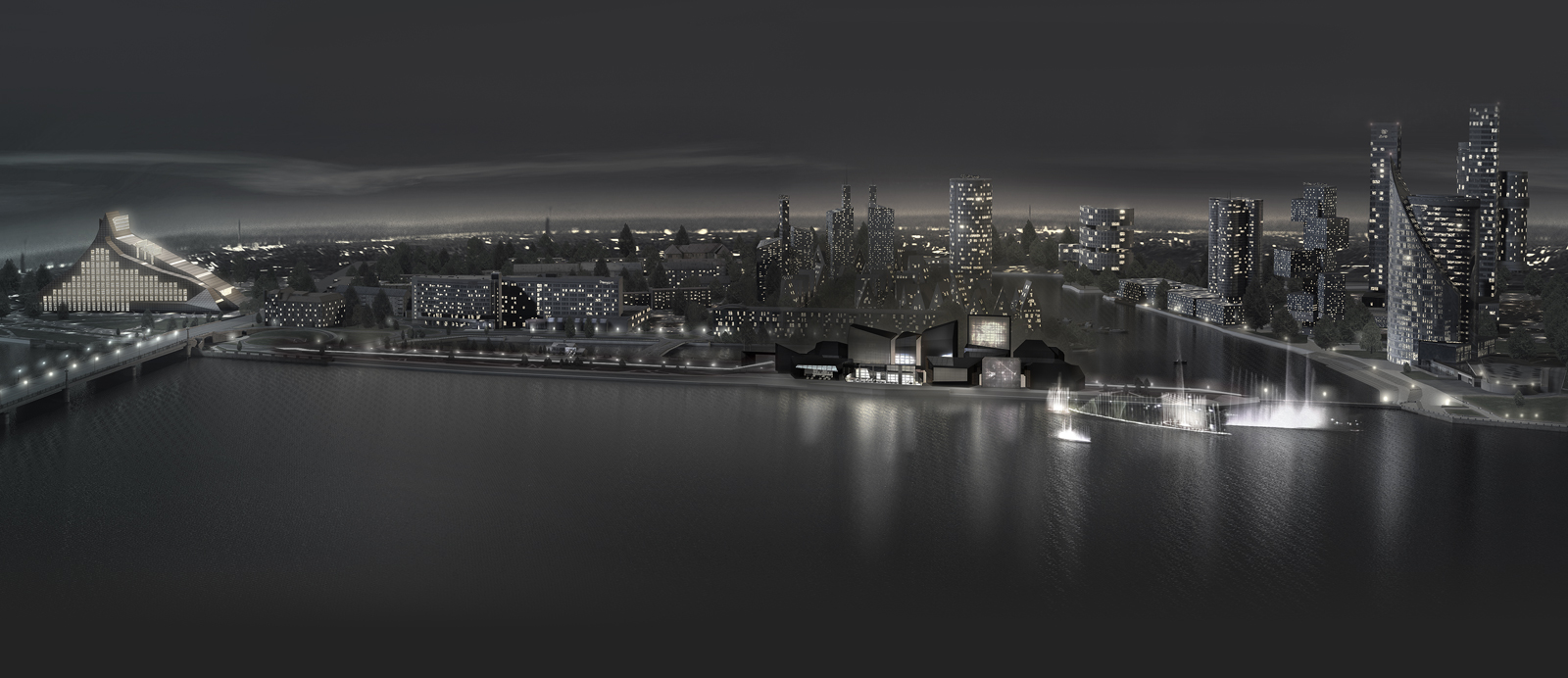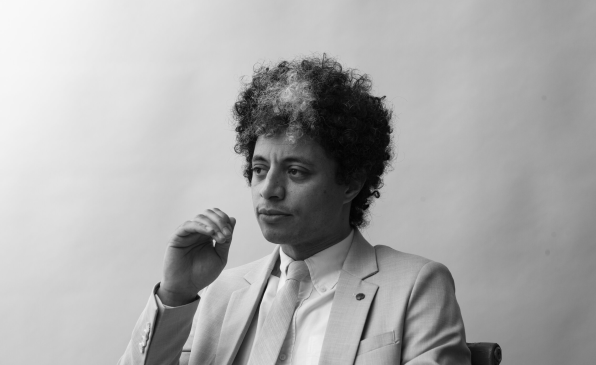
A discoverer of the 70’s soundscape. Interview with José James
Inserted: 03.07.2024

Known as the jazz singer of the hip-hop generation, José James has been considered one of the most progressive soul music artists since the release of his debut album The Dreamer in 2008. On his twelfth studio album 1978, James continues to move forward in modern soul style, combining a deep love for jazz and hip-hop with excellent songwriting and production skills. On July 5, we will also hear the new program performed live at the Rīgas Ritmi Festival concert in the Riga Cathedral Garden.
The songs from the album 1978 will most directly appeal to fans of the works of such soul music artists as Quincy Jones, Stevie Wonder, Marvin Gaye and Prince, but the album does not lack modern R'n'B moods, helped to create by the line-up of young all-stars who will also perform at the festival together with José. We contacted José before his visit to Riga.
You will perform the program of your new album 1978 in Riga. It's probably always more interesting for the artist himself – to see how the songs that were recently developed in the studio are perceived by the audience at the concert!
I’ve performed some of the songs already during the Botti at Sea cruise and it was great. People are feeling the vibe, dancing and getting down to the music. The songs hit on many levels live: emotionally, spiritually and physically. It’s beautiful.
In Riga, you will perform with a line-up of real young stars and Grammy Award nominees – keyboardist Chad Selph, guitarist Marcus Machado, bassist David Ginyard and drummer Jharis Yokley, all of whom also participated in the recording of the album. It certainly makes it a lot easier to transfer songs from the studio to the stage?
This generation of musicians is so special, it’s a honor to work with them. They are all jazz trained but are at home in myriad styles of music. R&B, pop, hip-hop, funk, rock – they are masters. It’s never an issue to transfer songs from the studio to the stage for me because I never try to reproduce anything. I’m always searching for something new – to me the studio version is just the first version of a song that’s constantly evolving.
How do you perceive the new album, what is its concept?
Party and politics. To me that sums up the spirit of the 70’s. People had great fashion and the club culture was great. Disco was king and funk was so exciting! On the other hand there were many important political movements such as ending the war in Vietnam and the Women’s Liberation Movement. Politics were beginning to be expressed in music in a new way by artists such as Stevie Wonder and Marvin Gaye. Plus it was the last great era of bands, with everyone recording together in a room live to tape. All of that spirit is in the album.
1978 is already your 12th album. Considering you're not even 50 yet, that sounds very productive!
Thank you! I’m hoping to have a deep catalog like the artists I admire most – John Coltrane, Billie Holiday, Marvin Gaye and Miles Davis. I think it’s fascinating to see their evolution over the years in real time. I think I’m getting better as a producer, songwriter and vocalist. The best is yet to come!
You are often called the jazz singer of the hip-hop generation. Do you agree with this label yourself?
I created that phrase in 2007 to help people understand my concept. My generation was the first to learn about jazz through hip-hop samples, so we’ve always seen jazz as a continuously contemporary thing, rather than only a repertoire based traditional art form. I think that I carry both the true spirit of jazz as well as the culture of hip-hop in my work and to me they’re certainly compatible and related art forms.
So you count yourself both among the new revolutionaries and among those who continue the tradition?
I am both. Because to continue the tradition of jazz one must evolve. That is the true tradition of jazz.
You are of both Irish and Panamanian descent. Has it somehow influenced your musical work or are you distinctly a representative of American soul, funk, hip-hop culture?
I think to be the child of immigrants is one of the most American things possible. It’s just my theory but I believe that my rhythmic concept comes from my Afro-Panamanian side while my singing comes from my Irish side. Billie Holiday was half Irish so that might be a connection.
Is New York the best stage for modern jazz too?
I think New York is still the proving ground for jazz musicians, students and pros alike. No other city has the history, the gravitas or the venues such as the Village Vanguard or Jazz at Lincoln Center. I still put New York at the top because it covers all styles and remains timeless through each new generation and wave of artists.
Who are your biggest influences in old school jazz, including soul?
Billie Holiday, Nat “King” Cole, Frank Sinatra, Duke Ellington, John and Alice Coltrane, Charlie Parker and Miles Davis.
What are your plans for the near future? Is the 13th album coming?
Yes! I’m writing the followup to 1978 as we speak. I’m going to keep working in the late 70’s soundscape for at least one more album, I have more to discover there.
Interviewed by music journalist Kaspars Zaviļeiskis
< Back to news











